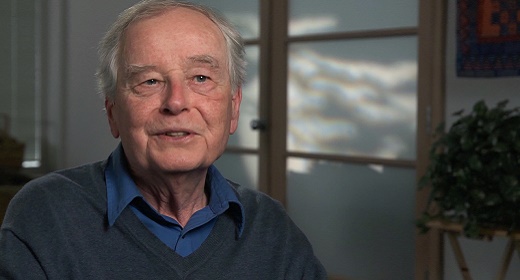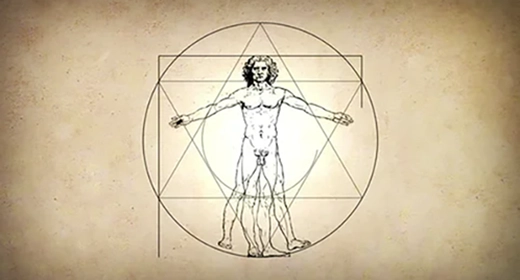by Jackson Peterson: The first principle is becoming aware of our thoughts and the nature of thought…

We recognize all thoughts are the same: they are temporary appearances that come and go like clouds in the sky.
Give no importance to one thought over another. If we pay no attention to any thought but remain in the “observer” role, it seems the space of awareness becomes more open and thoughts less demanding of attention. We discover all thoughts are without substance and importance. We could say our thoughts are “empty”, like clouds: appearances without any core or entity.
The second principle is recognizing our stories and emotional dramas are structured only from thought, our “empty” thoughts. In continuing to observe our thoughts we should notice how they tend to link together in chains of meaning and particular significance. It is this linking together of thoughts that creates our stories, beliefs and emotional drama in a convincing and powerful way. As a result we may spend most of our time going from one mini-daydream to another.
It is this trance-like state of mind that we need to break up again and again as often as possible. We do that by shifting our attention from thought to the presence of the five senses in immediate now-ness. Just notice your physical environment and the direct sensory experience free of analysis. Practice this shifting away from mental engagement in thought to noticing your physical environs as often as possible.The third principle is recognizing that one’s sense of self is also only an empty story made of thought; a mental construction without an actual identity as an entity that exists independently and with self-determinism.. There is no personal self present other than this make-believe “me” story.
Even science makes clear there is just one unified field of energy as the universe without separate parts. The entire field is inter-dependent without any breaks or splits in the unity. The sense of being an independent entity like a “personal self”, is just an illusion and has never existed in fact.
By observing the “me” thoughts that arise from moment to moment we can notice the “personal me” is nothing more than a chain of linked thoughts about identity that are supported by memories and imagination. Seeing this directly and clearly, not just intellectually, the emptiness of personal identity becomes obvious to the mind at which point the illusion ceases…
The fourth principle is recognizing what exactly is the nature of that which is observing and experiencing the empty nature of thoughts, stories and personal selfhood. What is doing the “recognizing”? What is this impersonal aware consciousness that perceives and knows? In these recognitions there seems to be an ever increasing evolution or revelation of wisdom. As a result one’s cognitive space seems expansive, open and vividly transparent without a center…
The fifth principle is recognizing the inseparable relationship between one’s empty, aware “seeing” and the five senses. One can’t find awareness separate from one’s sensory perceptions. There isn’t first a sensory perception and then an awareness of it. The five senses are this “knowing awareness” seeming to be split up into five separate sensory components. These sensory capacities are not limited to the physical five senses. “Knowing awareness” can perceive independently of the five physical senses with no limitations regarding time and space.
Merging our attention fully with the five senses instead of with the mental phenomena of thoughts, stories and beliefs in personal identity, reveals a state of total “nowness” beyond thought and mind. A limitless vista of knowing transparency and Clear Light reveals itself to be our true nature beyond any descriptions or assumptions of mind. In merging our attention totally with the five senses, the luminous nature of appearances reveals the empty vividness of our Aware and Knowing Space.
If one incorporates and integrates these five principles into one’s daily practice, in my opinion no other methods or practices should be considered necessary…









































